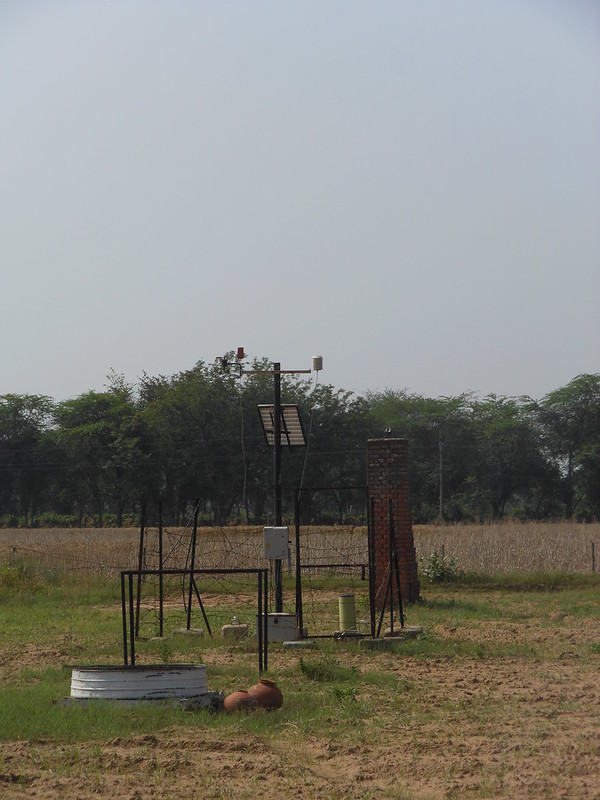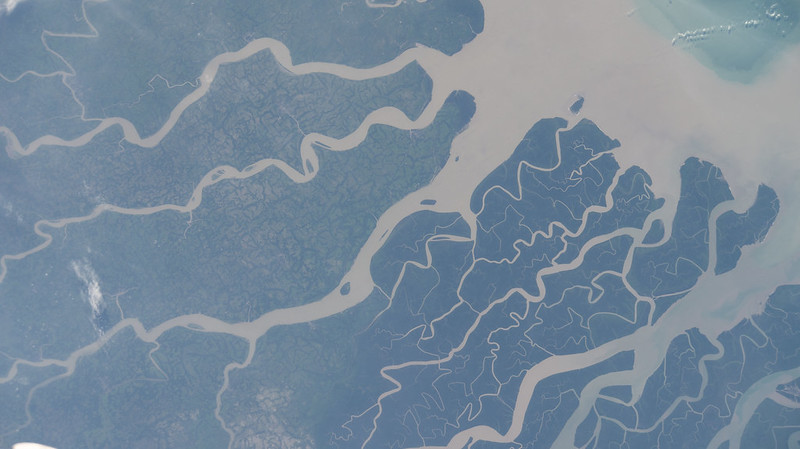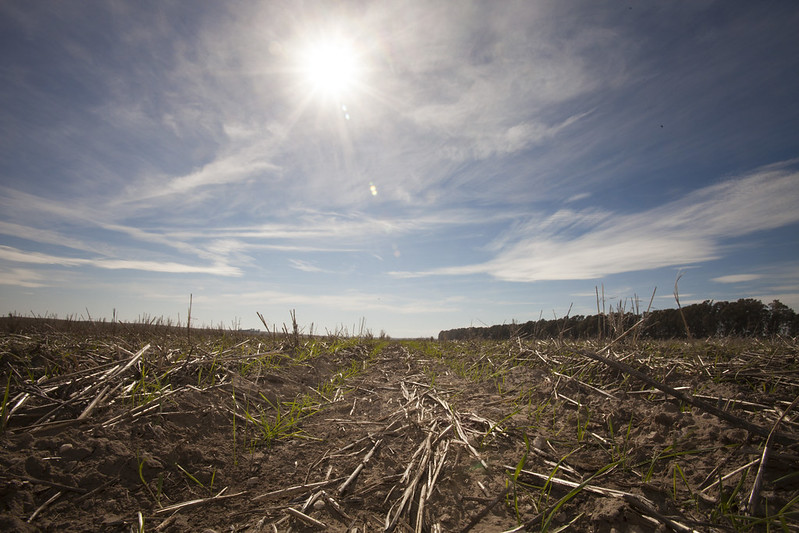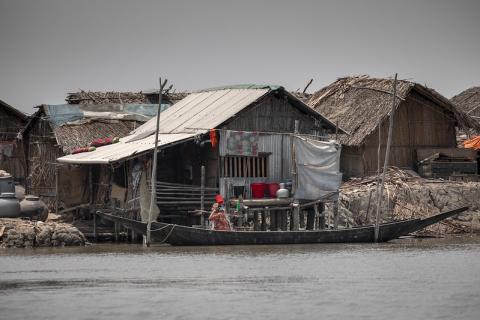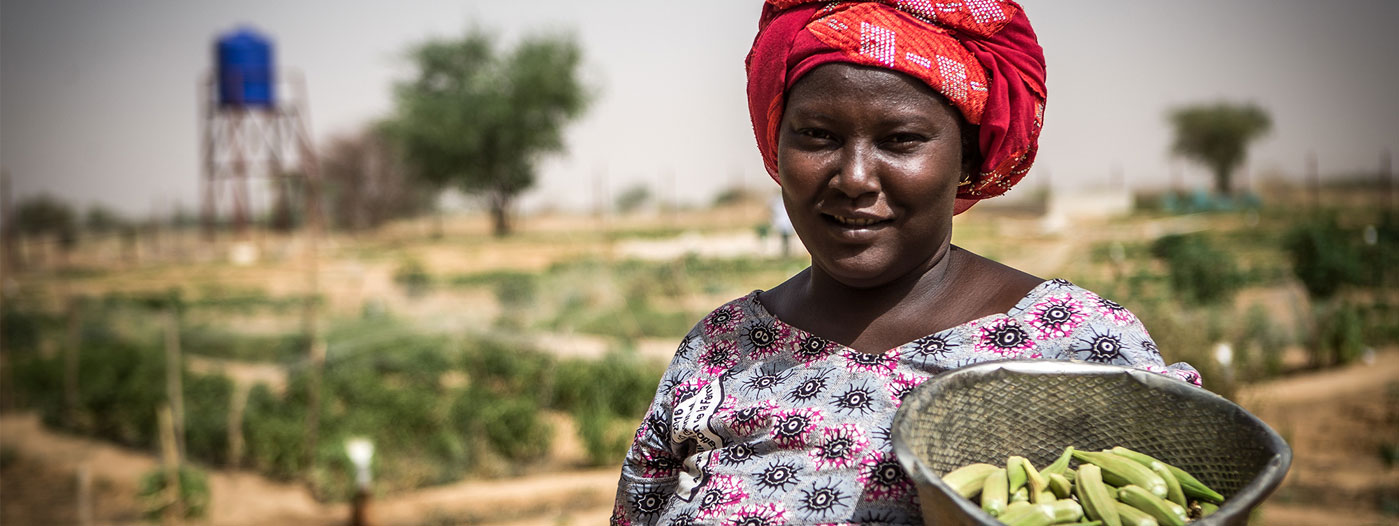
Topics and Regions
Landpages.co.ke is a medium of passing this message.
Details
Public Email
Location
Contributions
Displaying 231 - 240 of 740Social Innovation Perspective of Community-Based Climate Change Adaptation: A Framework-Based Study of Ladakh, India
Indigenous knowledge of local environments is crucial for developing innovative and contextual climate change adaptation strategies. Although the significance of community-led efforts based on this knowledge has been well acknowledged, they have not been effectively incorporated into mainstream development processes. The mountainous region of Ladakh presents a novel case of water storage in the form of ice reservoirs as an adaptive strategy against intensified water scarcity.
Land Tenure Security and Sustainable Development
This chapter explores how land tenure impacts households’ resilience and adaptive capacity in the face of a changing climate. Following a review of the ways in which climate change adds pressure to land availability and natural resources, the chapter highlights how land tenure can constrain individuals’ options to adapt to shifting environmental conditions.
Adopting the Local Knowledge of Coastal Communities for Climate Change Adaptation: A Case Study From Bangladesh
Bangladesh has a unique coastal system with both proximity of climatic vulnerability and opportunity, having rich coastal resources. The upkeep of people's livelihoods in the coastal zone largely depends on the degree to which key stakeholders at all levels of decision-making can participate in climate adaptation planning and implementation processes.
Climate Change and Land
An IPCC Special Report on climate change, desertification, land degradation, sustainable land management, food security, and greenhouse gas fluxes in terrestrial ecosystems.
Exploring Secure Tenure in Urban Bangladesh
Climate change making Bangladesh's floods worse
Terre & Genre
Land and Climate: Lessons from Ethiopia
Climate change is leading to higher average temperatures and greater rainfall variability, with a pronounced effect on agricultural productivity and the suitability of major crops in Ethiopia. Farming households with tenure security are more likely to choose to access credit and to invest in their land by planting trees and longer-term crops, and by reducing soil erosion—for example, via terracing. Such investments can help farmers mitigate risks related to heavy precipitation, such as soil run-off or crop failure.
Connecting the Dots: UNDP projects connect land, energy and agriculture to protect the environment and build climate resilient livelihoods.
True resilience relies on connecting the dots. Connecting the dots between nature, climate and energy. Connecting the dots between land-use, energy and agriculture, between livelihoods, natural resources, economic growth, social development and conservation, between people and the impacts climate change has on their lives.
In Peru, a corrupt land-titling scheme sees forests sold off as farms
- An irregular land titling system is behind the deforestation of a swath of Amazon rainforest now occupied by a Mennonite colony in Masisea municipality, in Peru’s Ucayali department.
- In 2015, more than 40 land registry files were filled out with false information to give forests titles that made them appear to be farmland.
- This system, used in several places in Ucayali department, allowed for the deforestation of more than 1,000 hectares (2,500 acres) of forests in Masisea and within Indigenous communities.
In September 2015, of

